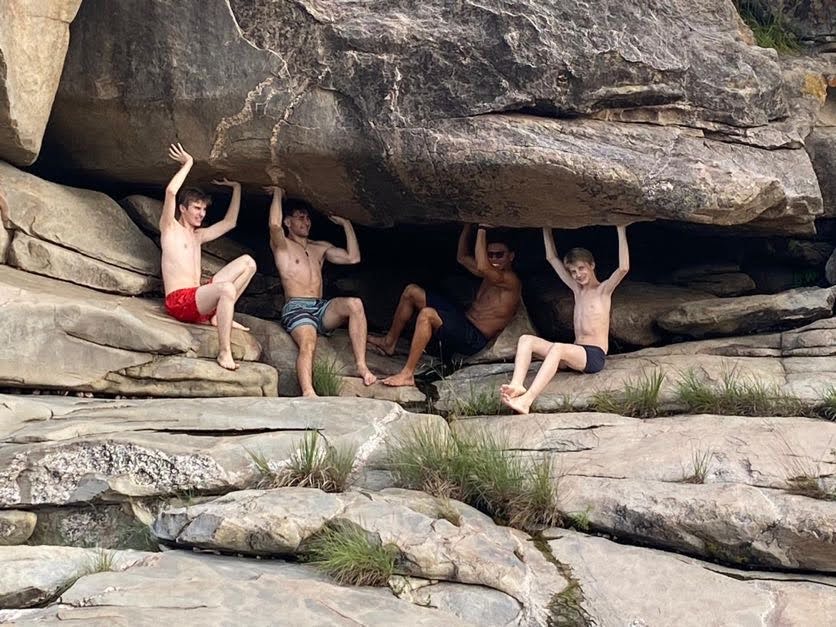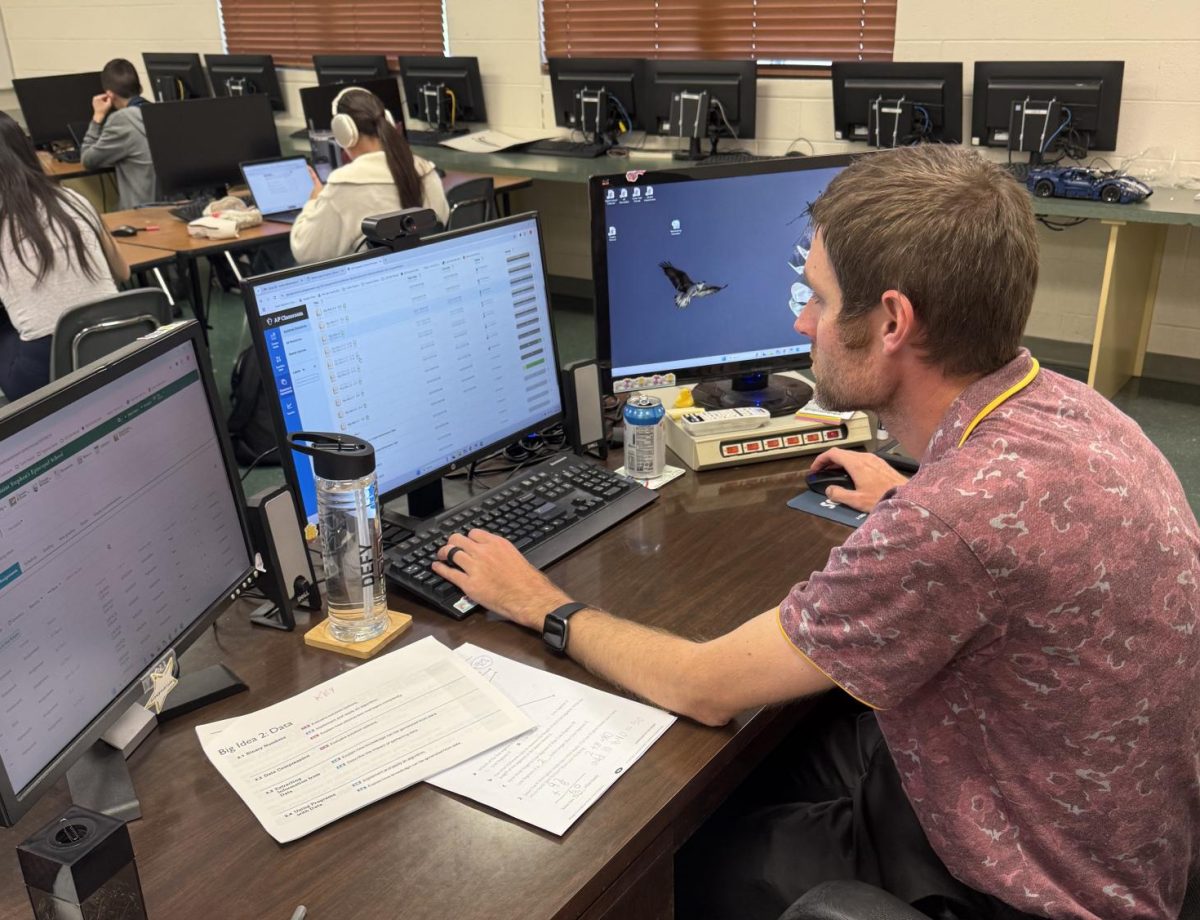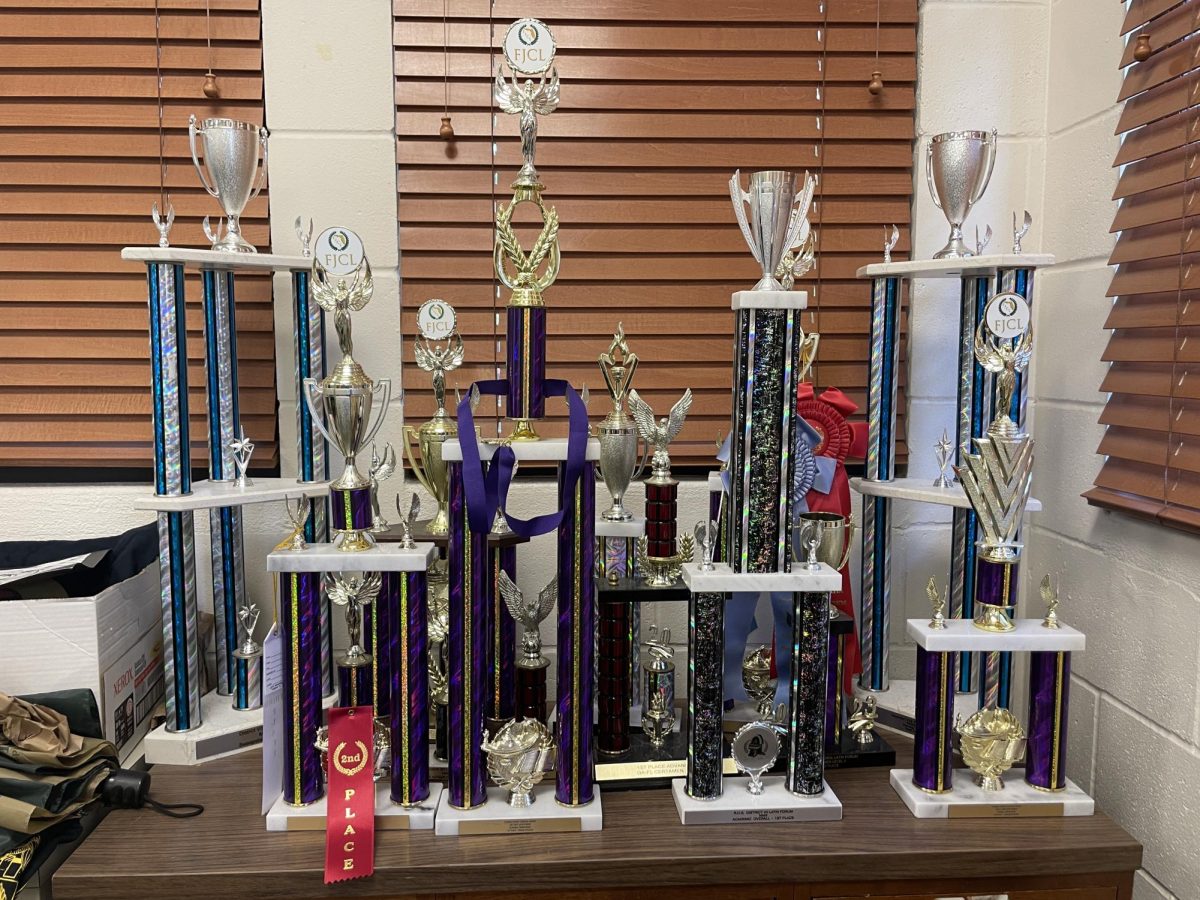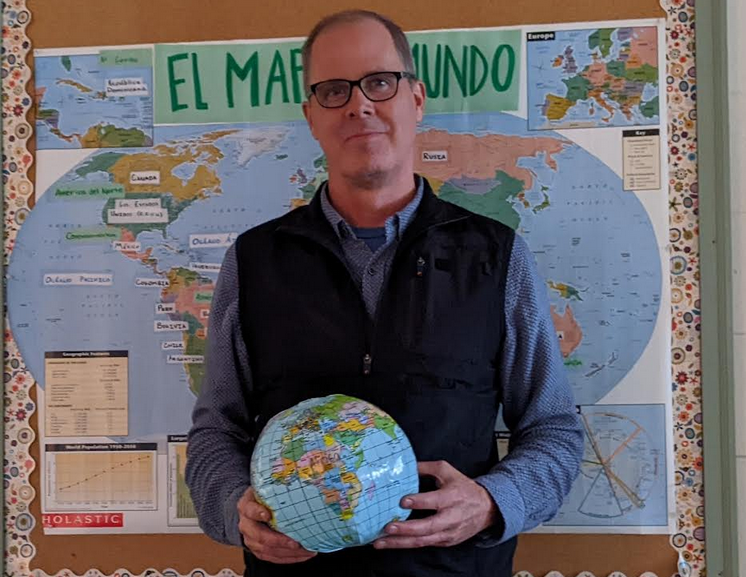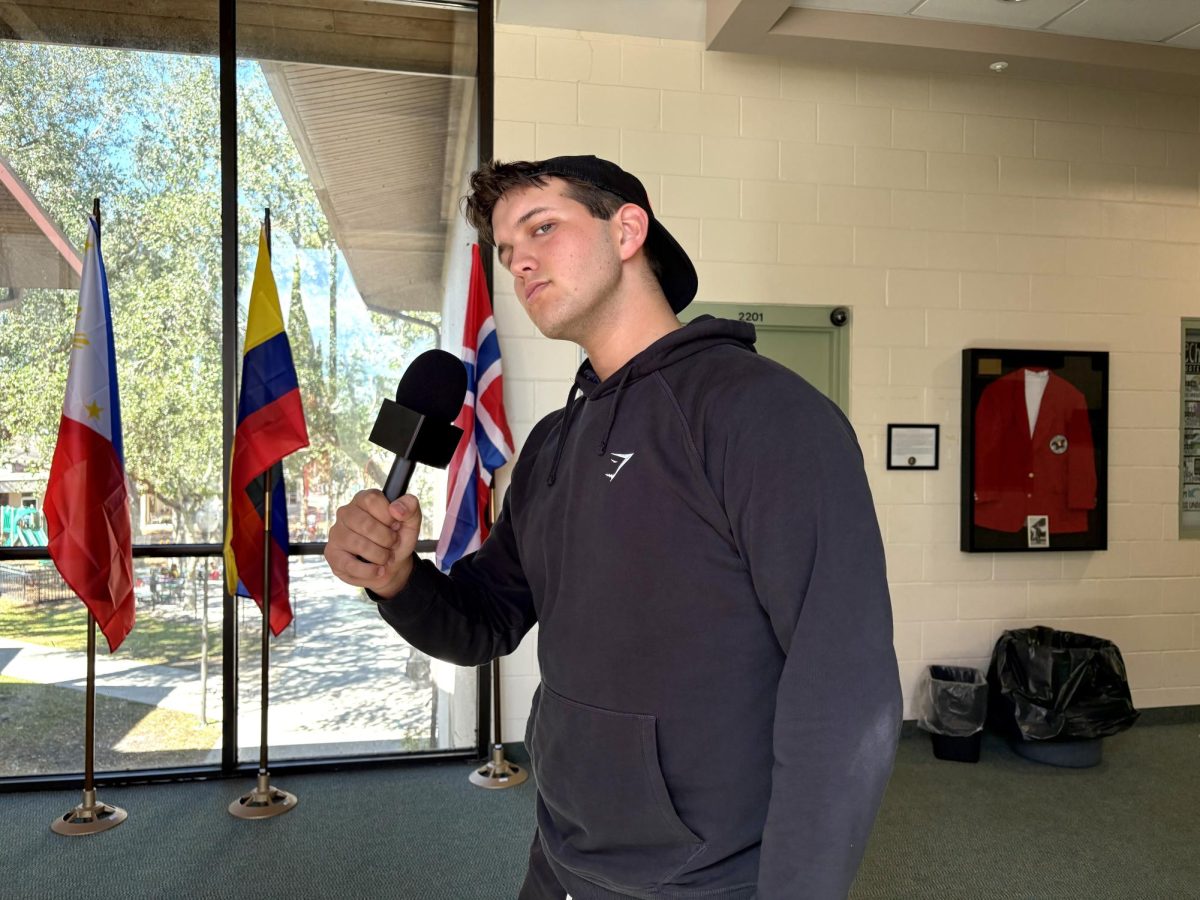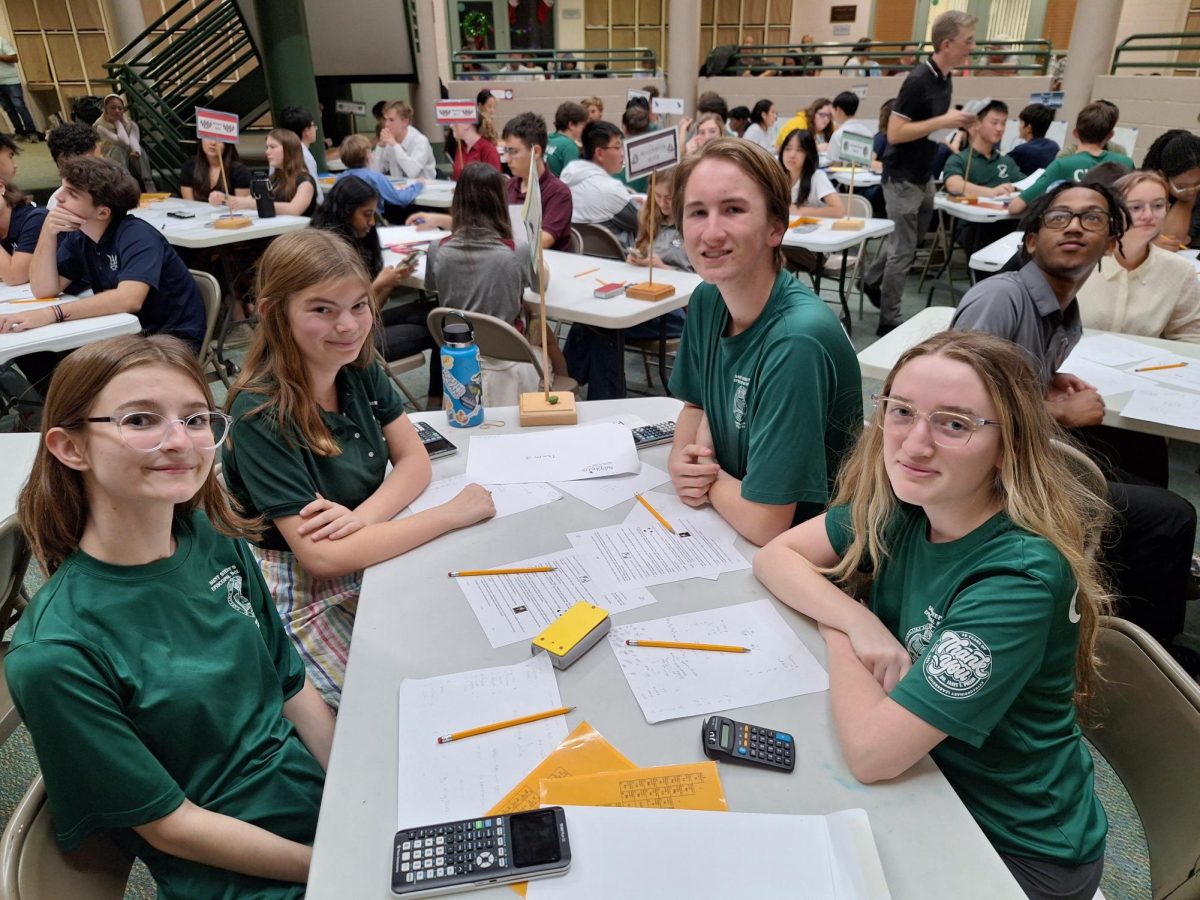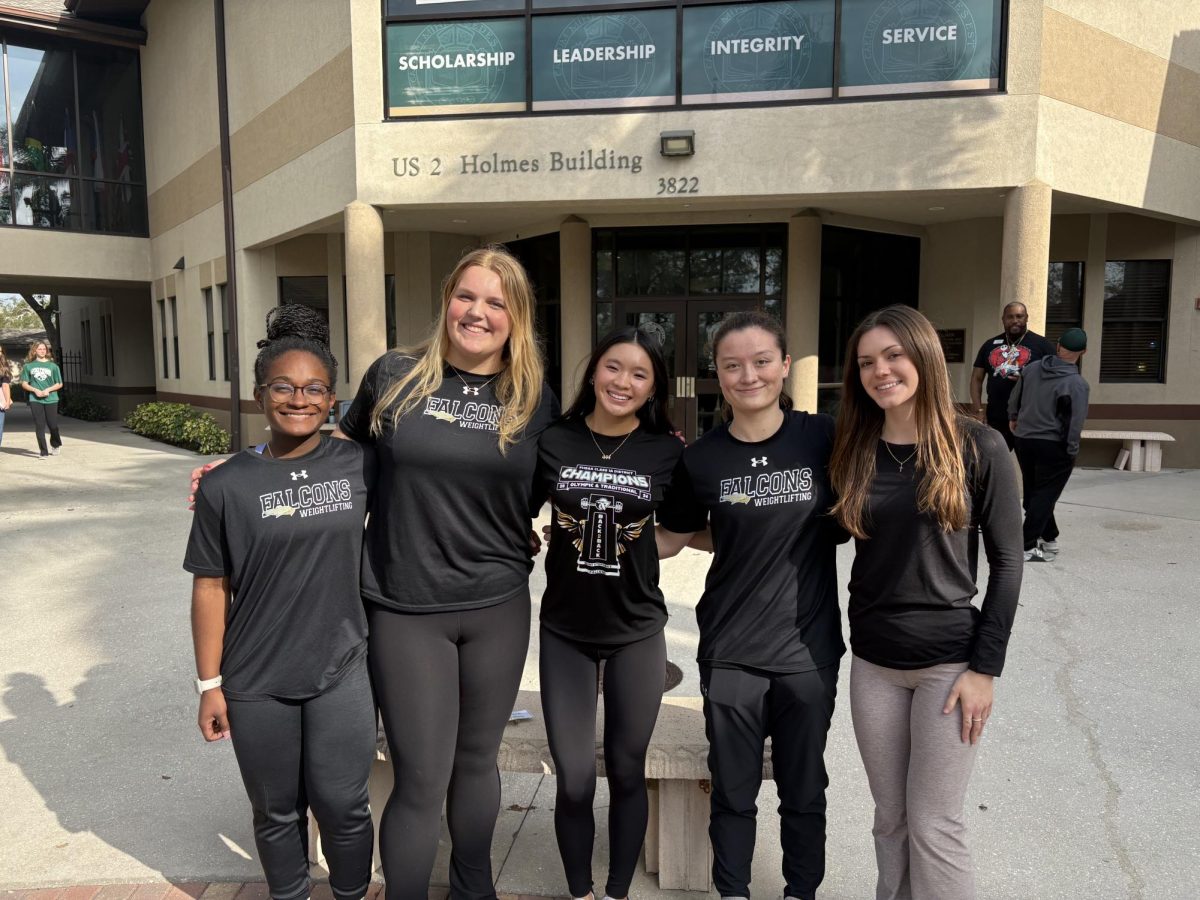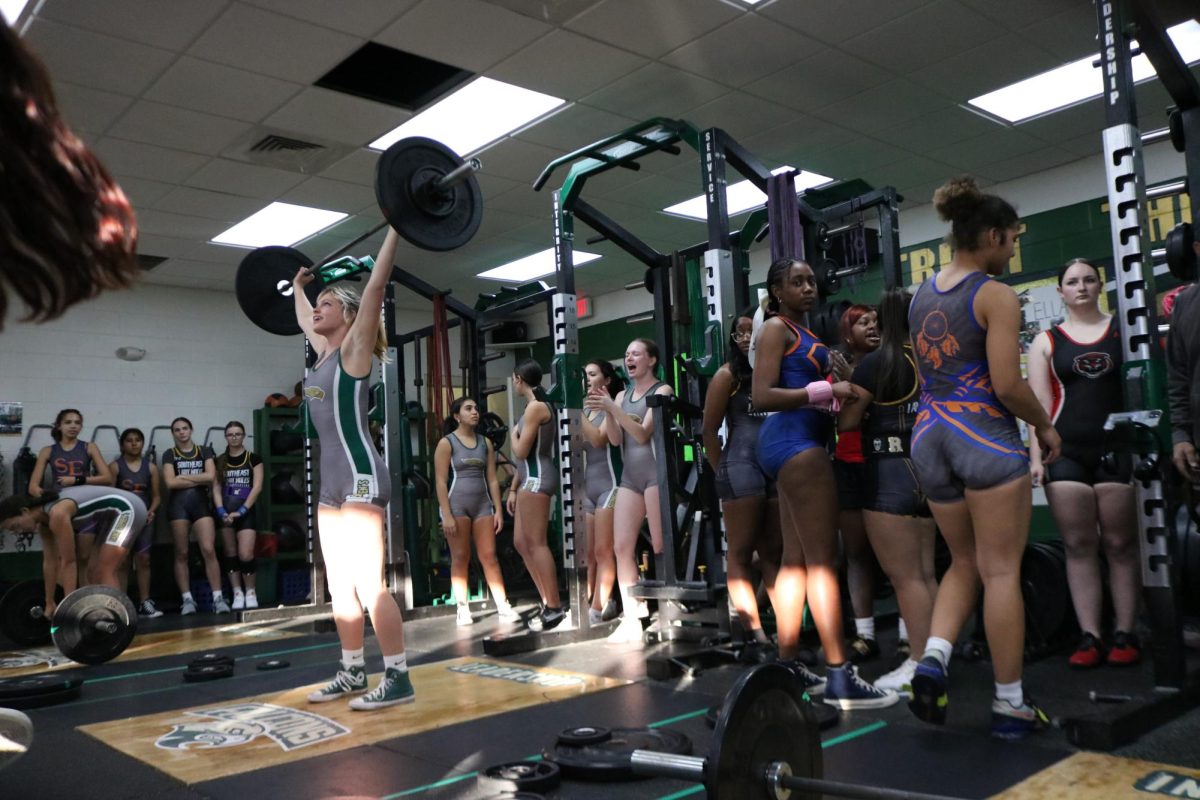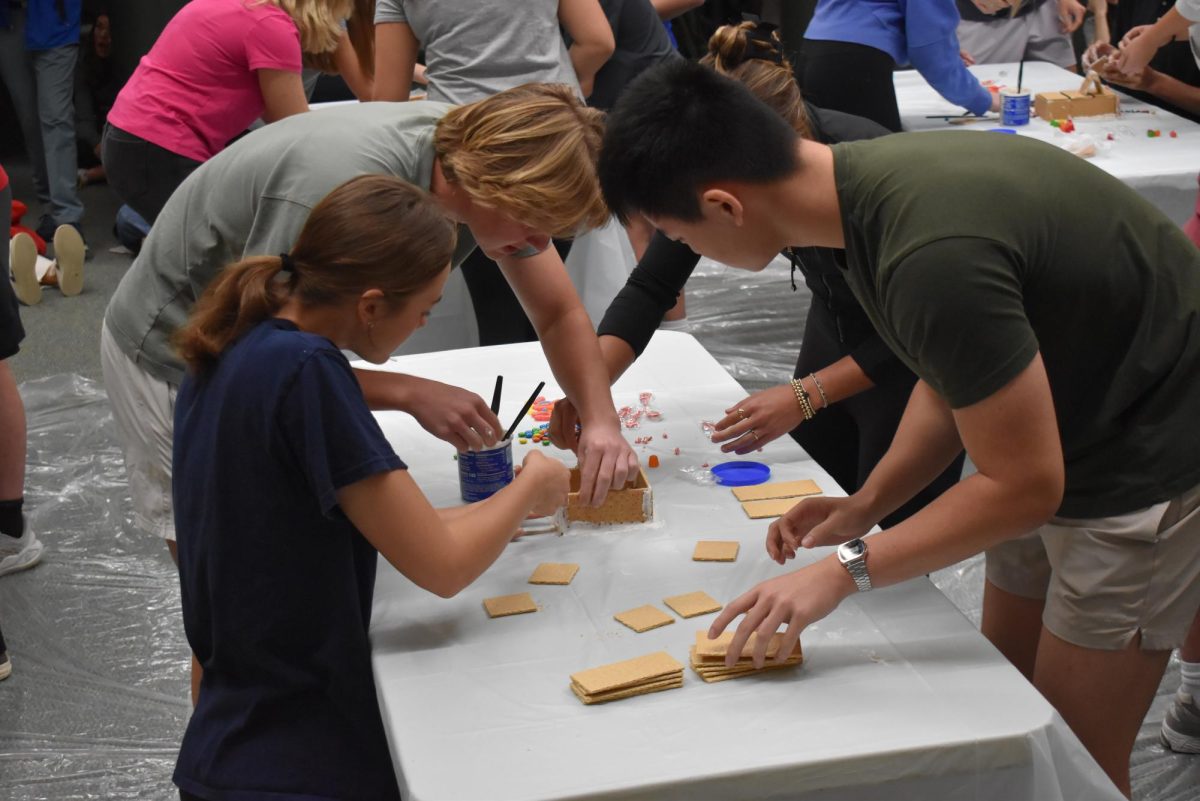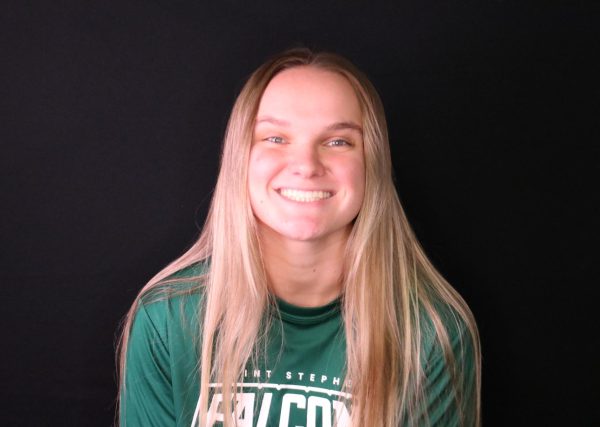Back in November of this year, a group of Marine Science students visited the Marine Lab in Key Largo to expand their studies in the field. Last week, the Honors Marine 3 class participated in a beach cleanup field trip down on the causeway, an extension of the mission started in September to increase environmental awareness.
Upper school science teacher, Mrs. Allison Misiewicz, emphasized the significance of field experiences in teaching marine conservation issues. She highlighted how beach cleanups raise awareness and make a difference beyond just picking up trash.
“I think [the beach cleanup] does influence their behavior,” Misievicz said. “It at least makes them think about their behavior, and how the choices they make on a daily basis affect the environment,” says Misiewicz.
The Marine Science program at Saint Stephen’s, which really came into its own with the building of the Marine Science Center in 2016, is not just about textbooks and lectures; it’s about immersing students in the environment they seek to understand.
The program prioritizes experiential learning through field trips and boat excursions, and it’s designed to provide students with hands-on experiences that supplement traditional classroom learning.
Field trips like the one to the Keys and last week’s beach clean-up play a crucial role in this approach, allowing students to engage directly with marine environments and conservation efforts.
“In Marine 3, we focus on marine conservation issues,” Misiewicz said. “And one of the big issues that is happening in the ocean right now is marine debris.
“It fits in nicely to raise awareness and have the kids out there, actively doing something.”
Immersing students in real-world environments gives them a deeper understanding of marine ecosystems, conservation challenges, and scientific research methods.
Students also seem to get how field experiences like the trip to the Keys and the clean-up have shaped their understanding and passion for marine science. By observing coral reefs firsthand and participating in beach cleanups, Madison McAvoy said she feels a deeper connection to her studies and a sense of responsibility to protect marine ecosystems.
“My project is about coral, and one of the reasons I wanted to do that is because they are dying, and the keys helped with that because when I went down there, a lot of it was dead,” McAvoy said. “It reaffirmed why I want to do my project and the purpose of it.”
Field research is not just an educational tool; it’s a transformative experience that cultivates students’ curiosity and environmental stewardship. Through hands-on learning in marine environments, students develop a profound understanding of scientific concepts and a lifelong passion for marine science.

